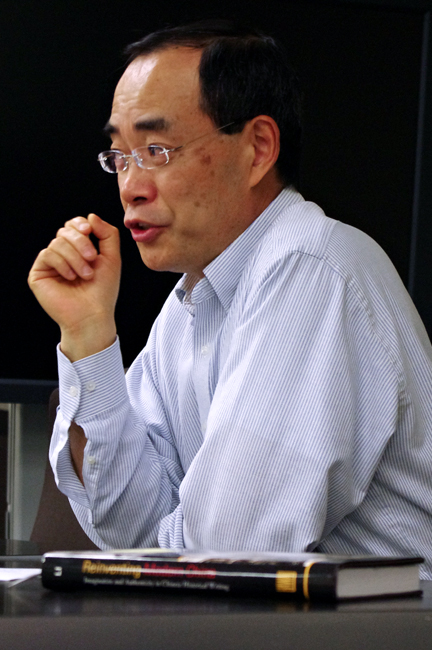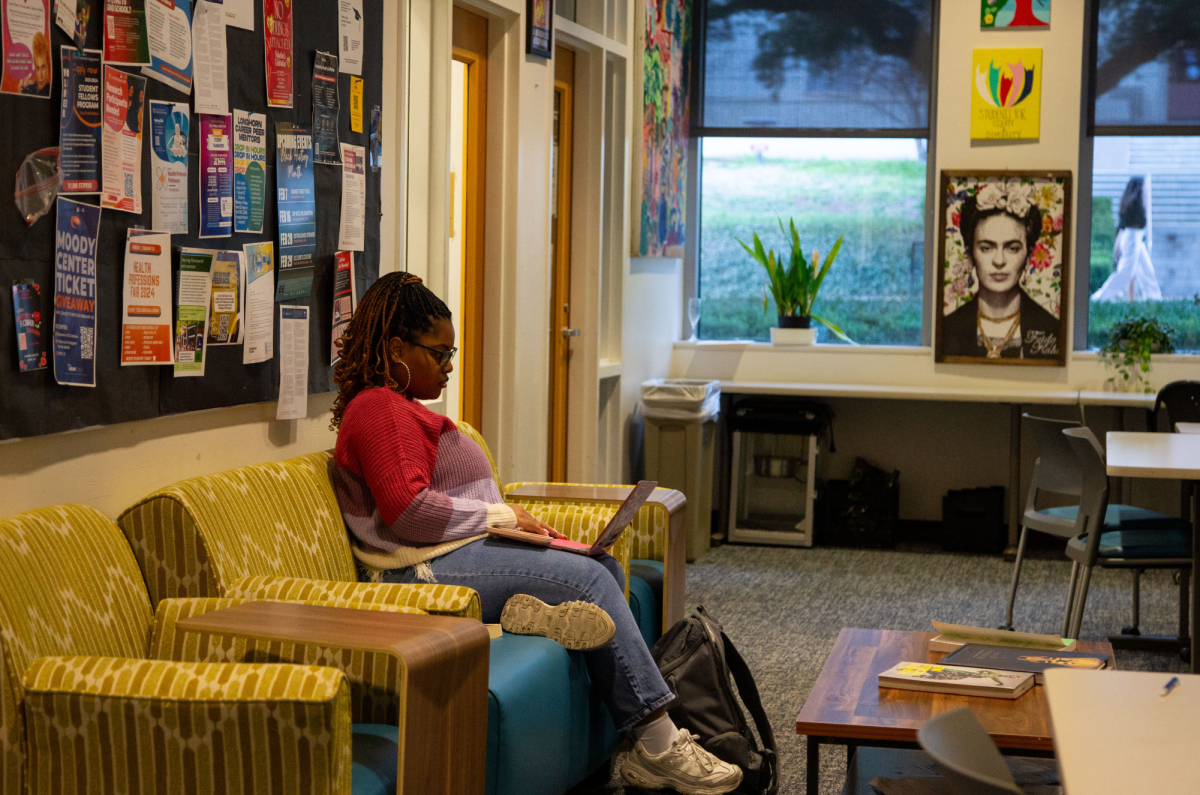A UT professor discussed his Chinese history book, which uses a non-traditional approach to the subject, on campus Wednesday as part of the History Faculty New Book Series.
Published in 2012, history professor Huaiyin Li’s “Reinventing Modern China: Imagination and Authenticity in Chinese Historical Writing,” uses an open-ended approach to Chinese history rather than a results-oriented basis.
Li said his book was intended for academia in America, but he also translated and published it in China, where it was more popular.
“[The book is] primarily for our new historians and students in [the U.S.], but I had the intention to [initiate] dialogue with Chinese historians,” Li said. “In China, afterward, it had a much bigger impact than in this country.”
History graduate student James Hudson said most Chinese history is written with a focus on results rather than what led to those results, but Li’s work is geared toward the meanings of what led to the ramifications.
“By advocating newer approaches … that [try] to look at events as they unfolded, and not thinking about the consequences … I think that’s very innovative,” Hudson said.
Hudson said Li is unique in his approach to teaching students the differing views of history, both revolutionary and modern.
“He’s one of the very few professors that I’ve come across who’s really introduced this idea to students: how you construct a narrative,” Hudson said. “And construction of a narrative involves, ‘What is one’s approach to history?’”
Post-doctoral fellow Dominic Yang said the fact that Li is starting to precisely study modern Chinese history written by Chinese historians is a desirable tool for researchers.
“For the first time, somebody actually [attempted] to do this sort of systemic trace of looking at the currents — the major currents of how modern Chinese history has been [interpreted] by historians in China,” Yang said. “I see a lot of specialists in my field who will welcome this kind of work.”
Li said his approaches to Chinese history are not restricted just to China, but are for all branches of history.
“The study of Chinese history is inseparable from history writing in other parts of the world,” Li said. “Lots of questions I raised in my book are the same questions people have discussed in other countries: ‘Is objectivity in history writing possible, or is history writing driven by one’s ideological commitment?’”





















